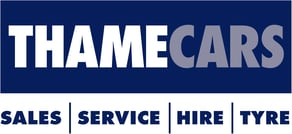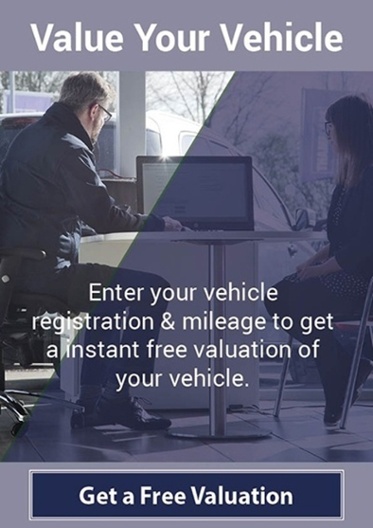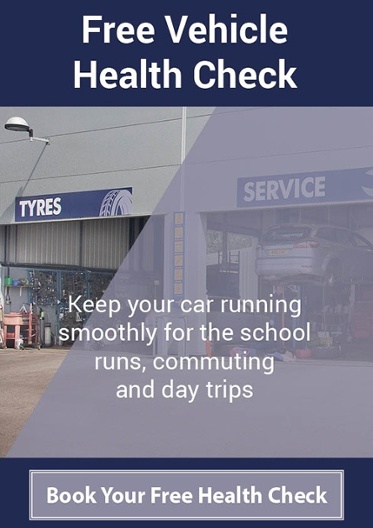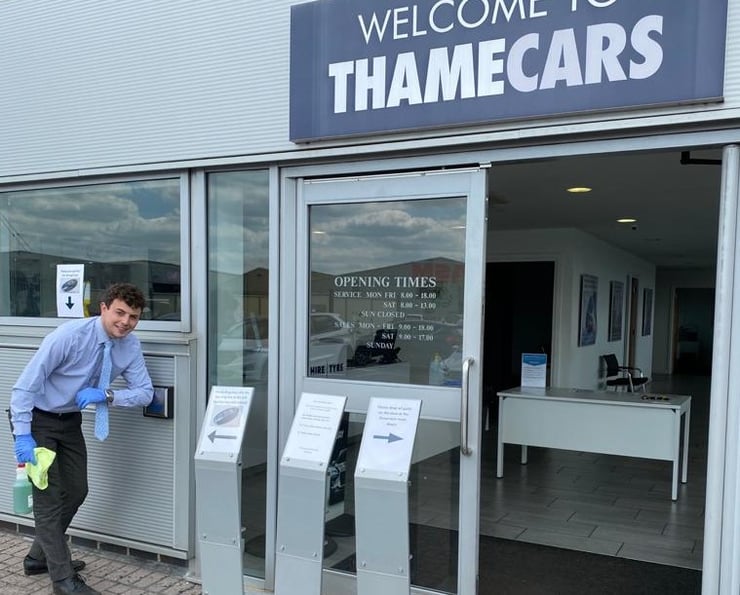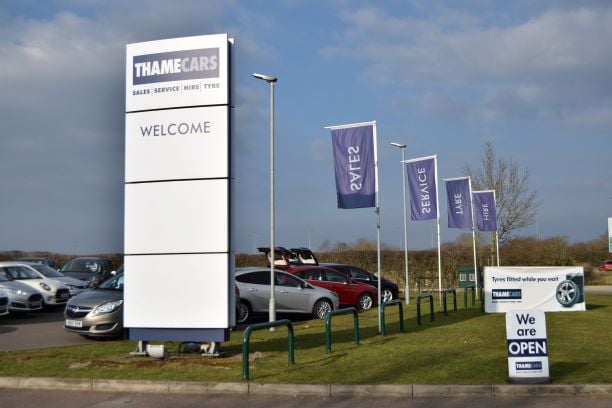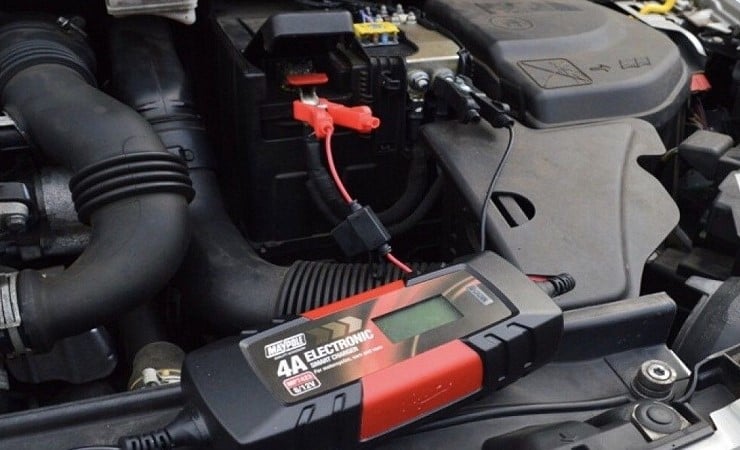
Whoever said that buying a car is the 2nd biggest financial commitment most people make in their lives after buying a house obviously didn’t have 3 children. I haven’t actually sat down to calculate the ‘lifetime cost’ of being a father of 3, but I’m certain it’s more than I paid for my car!
Nevertheless, buying a car still comes high up the list of ‘big purchases’ which is why it’s important to consider the different financing options available.
If you’re thinking about buying a new or second hand car, start weighing up your options sooner rather than later. Setting your budget will help you work out what car you can afford, so when it's time to visit the car dealership you can find the very best car for your money. But sometimes this is easier said than done, when you consider the sheer number of finance options out there! Each option has its positive and negative points, so let's have a closer look at some of the most common financing methods, to help you pick the right one for you.
Buying Outright (Cash)
The days of arriving at the car dealership clutching a brown envelope full of banknotes are long gone, but cash still has an important part to play in financing your car. If you decide to buy the car outright for cash, you own it straight away and can use it as an asset which you can sell in the future if you need to finance other things. At the very least, using cash as a deposit towards a finance agreement will cost you less in finance interest and lower your monthly payment on the agreement, freeing up more money to do other things with. The main downside of paying cash for your car is that it will tie up a lot of your money, which you could be using for other things or keeping in the bank to invest or save.
Hire Purchase
Hire Purchase, or HP as it's known for short, is probably the simplest form of car finance to understand. HP agreements usually last for between two and five years, and involve you paying a cash deposit, followed by equal monthly payments for the term of the agreement. At the end of the term and after making the last payment, the car is all yours! It's important to keep an eye on the interest rate that you're being charged, but most car dealerships now offer a range of low interest hire purchase schemes to help you finance your new car. The main risk of hire purchase is that the loan is secured against the car, so if you fail to make the repayments, it can be repossessed, so make sure you keep up with the payments!
Personal Contract Purchase
This one is a little more complicated than hire purchase, so bear with me for a moment. Personal Contract Purchase, otherwise known as PCP, is similar to hire purchase in that you usually pay a cash deposit, followed by equal monthly payments for between two and five years. The main difference with PCP is that a portion of the finance is left to the end of the agreement, so when you finish making payments there's still a chunk left to pay - this is known as a balloon payment. You then have three options:
1) Pay the final payment off and keep the car
2) Part-exchange or sell the car for something new
3) Hand it back to the finance company.
PCP is good for people who change their car at regular intervals, because your car will usually be worth more than the final payment, giving you some money as a deposit towards the next one. And in the event, it's worth less than you owe, you simply hand it back to the finance company.
PCP payments are usually lower than a HP payment for the same car because of the chunk left at the end, but this does mean that you pay it off more slowly and you may need to keep it for longer to avoid owing more than it's worth.
Other options
There are other ways to finance your car. If you never intend to own it, you can take out a lease or contract hire agreement, which is essentially a rental agreement. You keep the car for between one and five years, and hand it back to the finance company at the end. This works if you change your car regularly and don't want the hassle of selling it, but on the other hand you never own the car and you're paying to rent something rather than paying off an asset of your own.
You could also consider a personal loan and take advantage of some of the low rates in the market today. A personal loan is different to car finance in that it is not secured against the car, so you are free to sell the car and buy another whenever you like, but if you fail to make the payments then your other assets can be at risk.
If you'd like to find out more about the different finance schemes, you can visit the Money Advice Service here.
You can also find out more about the flexible finance options we offer here at Thame Cars by viewing our helpful video on each of our listings - find it at the bottom of the page here.
